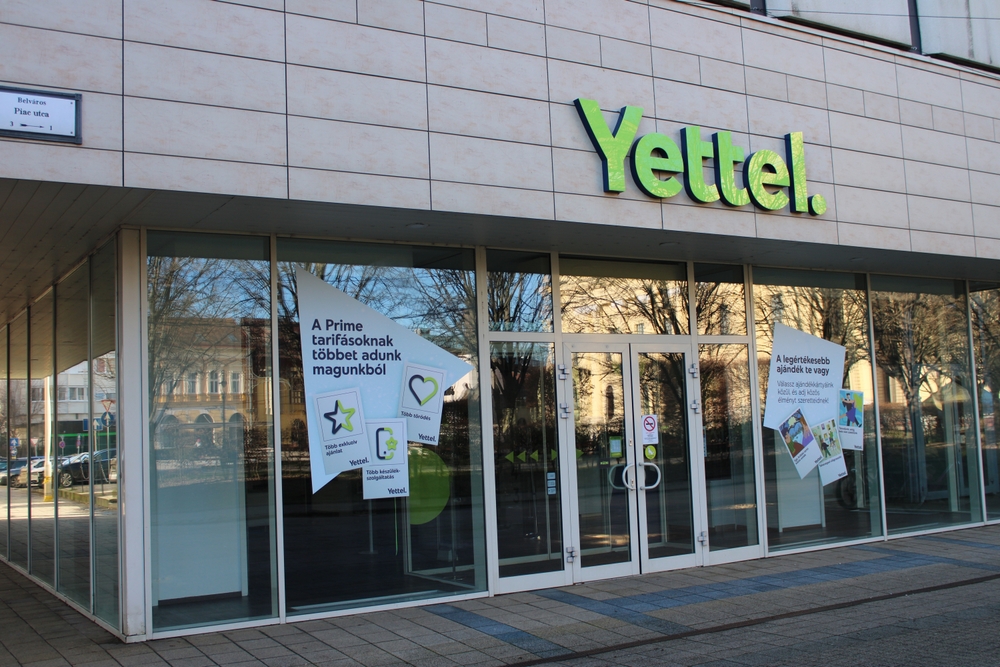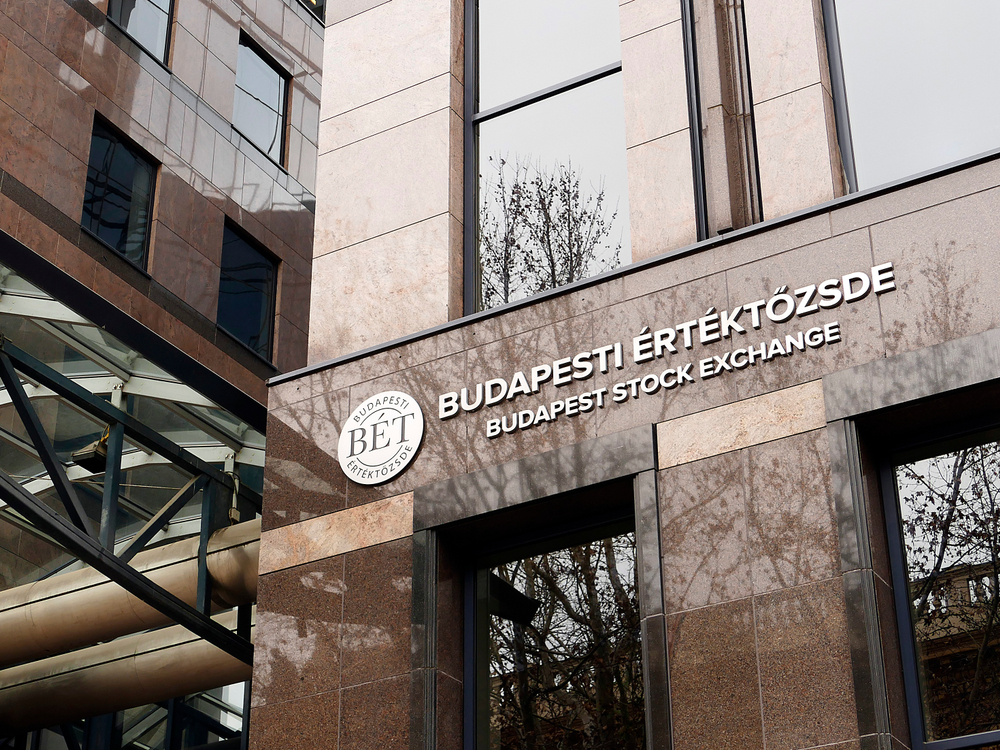Palkovics: state must play role in 5G networks rollout

The state must play a role in building the countryʼs 5G telecommunications networks, Minister for Innovation and Technology László Palkovics said at a meeting of the 5G Coalition on Tuesday, state news agency MTI reported.
"If we coordinate with service providers, the economy, and the market, then the development of the infrastructure can be significantly faster," Palkovics said. He noted that the importance of 5G networks extends well beyond telecommunications, serving as a technological catalyst for a number of innovative fields, such as the Internet of Things and self-driving vehicles.
Palkovics said that building 5G networks poses a challenge different from the construction of earlier networks, as it will require more small base stations operating with a broader spectrum range. He added that a "mixed model," in which state and market players appear in various areas in the infrastructure construction, would be the best solution for rolling out 5G. Issues related to the density and operation of base stations can be cleared up very quickly, he added.
A 5G strategy, expected to be approved in July, is devoted in large part to the governmentʼs role in the introduction of the networks, the minister said.
While winners of the 5G spectrum in Germany have until the end of 2022 to build their networks, Hungaryʼs tender for such frequencies is better prepared and can be closed sooner, Palkovics insisted. The first 5G services could launch as soon as Q3 2019, he said, while adding that services that demand bigger capacity are expected to become available in the 26 GHz range after 2020.
Preserving dedicated frequencies for universities and industrial companies will be an important element of the 5G system, Palkovics noted. A unified inventory system for infrastructure must be adopted to coordinate the 5G rollout, he added.
Coordination with 5G Coalition
Palkovics put the task to the 5G Coalition of deciding in which areas the state could support technological development, such as in the area of self-driving vehicles.
The timeline in Palkovicsʼs presentation to the 5G Coalition showed the commercial launch of 5G at industrial facilities in 2020, and the rollout in big cities and along the main transport corridors by 2025.
The 5G Coalition was established in 2017 by government institutions, companies, business chambers, universities and professional and civic organizations to support the development of 5G mobile telecommunications technology in Hungary, MTI recalled. The body now comprises 155 professionals in five working groups.
The body elected new board members at its meeting Tuesday. Palkovics will represent the government, while Vodafone Deputy CEO Gergő J. Budai will be in charge of the area of telecommunications, Ericssonʼs regional director Roland Jakab will oversee the area of equipment production, and 4iG Chairman-CEO Gellért Jászai will focus on IT.
László Jakab, dean of the Faculty of Electrical Engineering and Informatics of Budapest University of Technology and Economics, will manage scientific issues, while business chambers will be represented by László Parragh, head of the Hungarian Chamber of Commerce and Industry (MKIK).
NMHH publishes auction details
On Monday, the National Media and Infocommunications Authority (NMHH) on Monday published details of an auction for the 5G spectrum on its website. Industry insiders have until July 8 to comment on the auction of the spectrum in the 700 MHz, 2100 MHz, 2600 MHz and 3600 Mhz bands.
The NMHH said it wants service providers to have the necessary spectrum to operate 5G networks by the end of 2019, at the latest. It also wants the new frequencies to increase the capacity of existing mobile networks.
The NMHH has scheduled a consultation with telcos for July 3 and expects to launch the auction procedure later in July, reported MTI. The auction results are expected in late fall.
SUPPORT THE BUDAPEST BUSINESS JOURNAL
Producing journalism that is worthy of the name is a costly business. For 27 years, the publishers, editors and reporters of the Budapest Business Journal have striven to bring you business news that works, information that you can trust, that is factual, accurate and presented without fear or favor.
Newspaper organizations across the globe have struggled to find a business model that allows them to continue to excel, without compromising their ability to perform. Most recently, some have experimented with the idea of involving their most important stakeholders, their readers.
We would like to offer that same opportunity to our readers. We would like to invite you to help us deliver the quality business journalism you require. Hit our Support the BBJ button and you can choose the how much and how often you send us your contributions.







